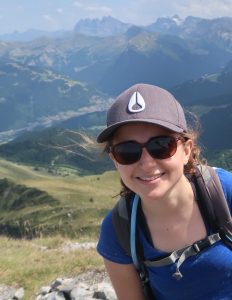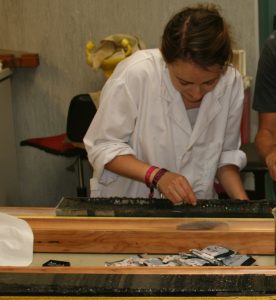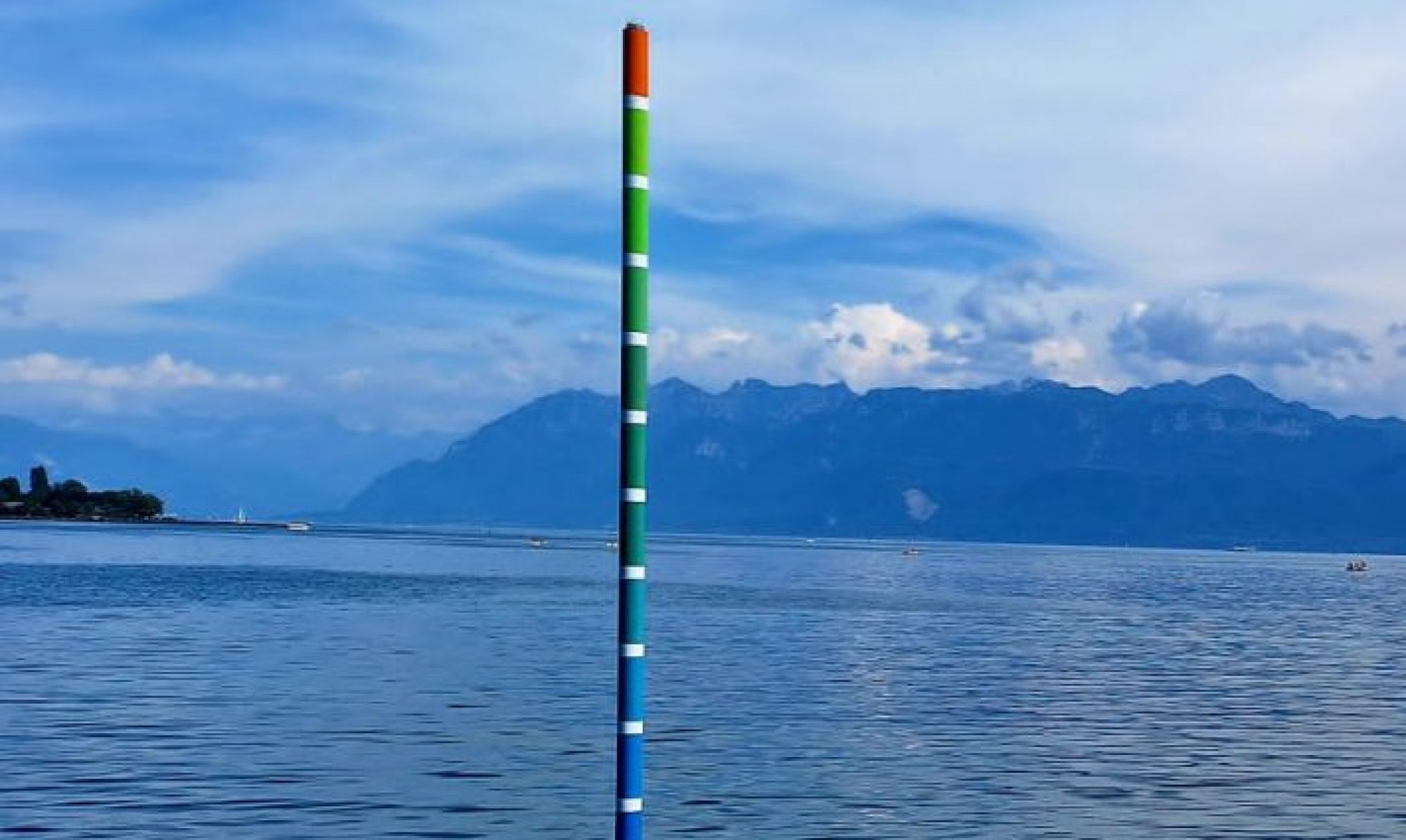 Research interest
Research interest
My research focuses on how ecosystems are responding to climatic perturbations. I work on lowland and high-altitude lakes, at different temporal scales (millennial to sub-hourly resolution), on different responses (physical, chemical, biological).
I am interested on quantifying lakes ecological vulnerability to climate warming. Basically I am questioning whether lake ecology is more affected by climate change depending on their exposure (The warmer they get, the stronger shall be the climate-driven ecological changes) or depending on how they have been already locally affected by human activities (lakes already under strong local human pressure will be m ore sensitive to ecological effects of climate warming).
Summary of my PhD work
Large peri-alpine lakes, amongst which lake Geneva, Zurich, Lugano etc… share a common history of eutrophication over the course of the 20th century, followed by restoration since the 1980s. The impacts of climate warming are now scrutinized as managers are urged to build ecosystem resilience to climate change.
However, the biological changes observed over the last 50 years are highly variable among systems, despite them being located in the same region, hence undergoing the same climate change. In other words, it is difficult to predict their vulnerability to climate change. Vulnerability is the opposite of resistance, one of the aspects of resilience. Herein, we hypothesize that the history of local human perturbation may have had the potential to decrease the overall ecological resistance of lakes to climate change. In other words, current vulnerability to climate would be inherited from poor conditions during the past decades.
 We used a paleoecological approach focussed on planktonic taxa (diatoms and Cladocera) and quantitative statistical tools, and worked along three main questions. (1) How are deep lakes responding to several stressors? Are those systems inclined to non-linear trajectories (i.e. regime shift)?
We used a paleoecological approach focussed on planktonic taxa (diatoms and Cladocera) and quantitative statistical tools, and worked along three main questions. (1) How are deep lakes responding to several stressors? Are those systems inclined to non-linear trajectories (i.e. regime shift)?
(2) Did local human impact decrease lake resistance to climate variability?
(3) Is there a correlation between lake response to climate warming and degree of local perturbation?
Our study reveals that peri-alpine lakes have been undergoing several successive transitions at the scale of the past century. The long-term insight we got from Lake Geneva (1,500 years) indicates that the rate of transition during the past 70 years contrast greatly with the stability of the past centuries. The assemblage that was composed of post-glacial colonial species and littoral taxa persisted despite substantial climate variability in the Alps. Eutrophication, reshaping the cladoceran assemblages of every lake of the study, appears as a great resilience disruptor. Furthermore, our results reveal that critical transitions due to eutrophication can be habitat dependent. In fact, even in large lakes, the littoral zone may have played an important role in the resistance of systems. An inter-lake comparison reveals that the degree of lake ecological responses to climate is correlated to their level of perturbations over the past 2 decades.
To sum up:
- There are both continuous and abrupt changes to eutrophication in deep lakes assemblages that can lead to chain-reactions,
- Several regime of vulnerability to climate variability are possible within a same lake,
- History of management of large peri-alpine lakes matters for their climate vulnerability to climate warming.
The main implications of our research are that restoration of large peri-alpine lakes is not sufficient to recover ecological resistance to climate variability. However the degree of past perturbations explain their current response to climate warming. Local decisions play an important role in the determination of lakes ecological response to climate warming.
Biography
After a Bachelor in Environmental Biology at Napier University (Scotland), I graduated in Aquatic Ecology from the Université de Pau et des Pays de l’Adour. I started my PhD at Université Grenoble Alpes, France, within the Alpine Research Centre on lakes and food webs (Thonon les Bains) under supervision of ME Perga. Part of my PhD work was also realized at the Institute for Ecosystem Studies at Pallanza (Italy) and my defense is planned for mid-spring 2018.
Publications
Bruel R., Marchetto A, Bernard A, Lami A, Sabatier P, Frossard V, Perga ME. in press. Seeking for alternative stable states in a deep lake. Freshwater Biology
Bruel R., Girardclos S., Marchetto A, Crouzet C, Reyss JL, Sabatier P., Perga ME. submitted. Lakes in the Anthropocene are more vulnerable to climate variability
Perga ME, Bruel R., Rodriguez L, Guenand Y., Bouffard D.submitted. Storm impacts on lakes: (lower) frequency, rather than size, matters.
